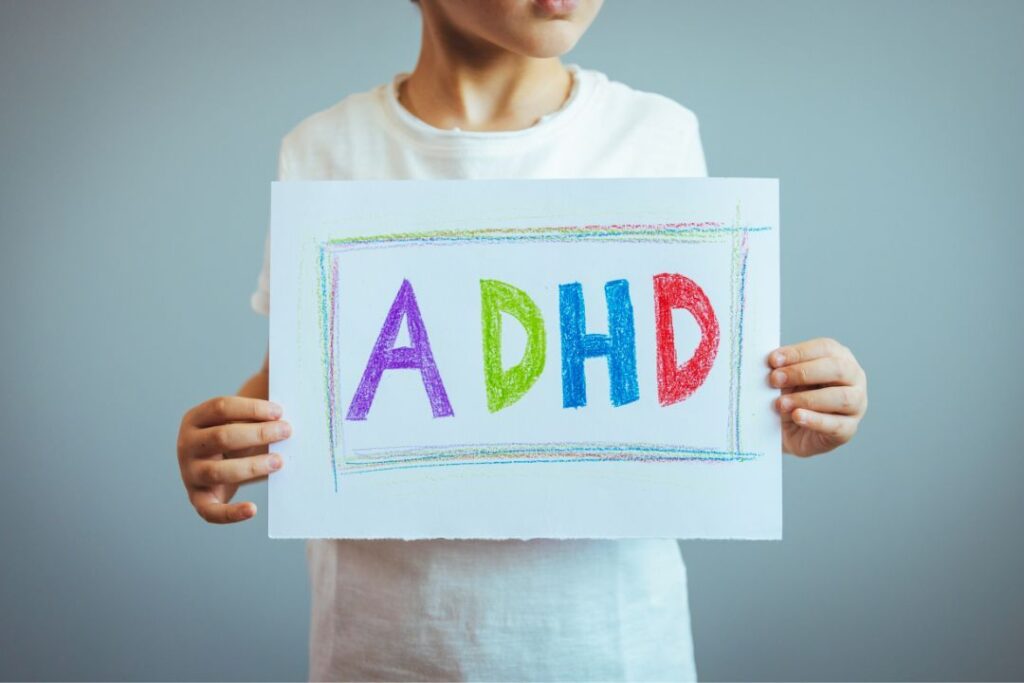
Understanding ADHD: From Childhood Hyperactivity to Adult Challenges
A child with frenetic energy, unable to sit still, constantly moving, and acting on impulse summarizes what Attention-Deficit/Hyperactivity Disorder (ADHD), is. ADHD is a neurodevelopmental disorder that often starts in childhood. Many cases go undiagnosed or untreated, leading to persistent symptoms that continue into adulthood and complicate daily functioning.
This chronic condition is marked by persistent inattention, hyperactivity, and impulsivity that interferes with functioning or development. It is one of the most common neurodevelopmental disorders in children, often first diagnosed in school-aged children when it leads to disruption in the classroom. While many people with ADHD continue to experience symptoms into adulthood, the disorder often goes undiagnosed and untreated in childhood.
Causes of ADHD
ADHD can be influenced by various factors, including genetics, gestational diabetes, thyroid issues in mothers during the prenatal period, maternal exposure to substances like alcohol and tobacco, pregnancy complications, environmental changes in early childhood.
Early Symptoms in Children
In children, ADHD manifests through various behaviours such as Hyperactivity, constant fidgeting, impulsive behaviour like acting without thinking, interrupting conversations, unable to wait for their turn, high energy Levels, since it is difficult to pay attention, they will have learning problems.
These symptoms can significantly impact a child’s ability to function in school, at home, and in social situations. Early identification and intervention are crucial to managing these symptoms effectively.
Transition to Adult ADHD
When ADHD is not diagnosed or managed in childhood, it often continues into adulthood, presenting a different set of challenges:
Procrastination, mood swings, impatience, difficulty managing tasks, keeping track of responsibilities, poor concentration, struggling to focus on tasks, frequent Job changes, challenges in learning new skills or information, relationship Problems as it is difficult for them to maintain relationships due to impulsivity, or inattentiveness, lack of Initiative etc.
These symptoms often mimic what might be perceived as laziness or lack of effort, but they are rooted in the neurodevelopmental aspects of ADHD and require professional diagnosis and intervention. Many people might confuse their symptoms with ADHD, but it’s important to note that ADHD becomes a concern only if it causes significant issues in daily life and impacts most areas of functioning. If it doesn’t create substantial problems, it is not ADHD.
Managing ADHD
ADHD is not entirely curable, but it is manageable with the right strategies and support. Management approaches include: Professional Help, Medication and Behavioral Therapy.
Early intervention and consistent management are key to preventing these complications and helping individuals lead productive and fulfilling lives.
Read More »
Mathrubhumi : https://english.mathrubhumi.com/features/health/symptoms-causes-adhd-in-children-1.9595291
Keralaonlinenews : https://keralaonlinenews.com/health/what-is-attention-deficit-hyperactivity-disorder/cid14636493.htm
Jagratha : https://jagratha.live/child-malayalaan-keralala-schollass
- Dr. Lisha P Balan (Clinical Psychologist)
